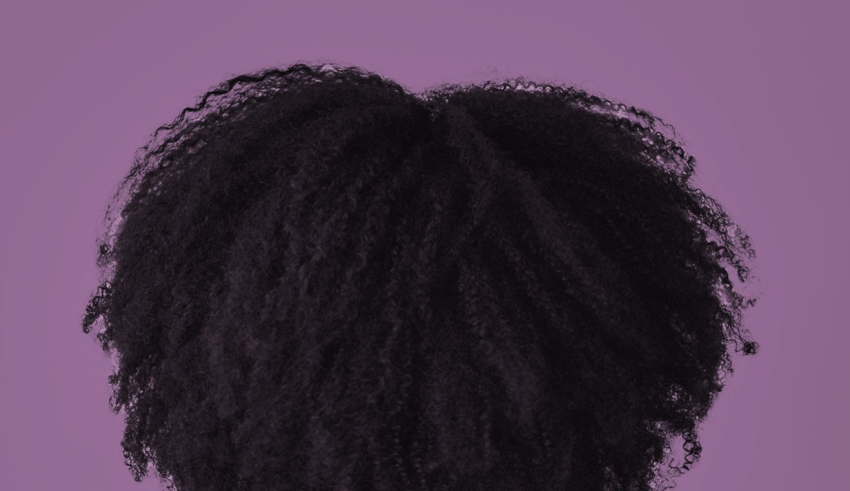
Your hair is said to be your crowning glory, and it’s normal to want to improve your hair if it’s not to your satisfaction. If you’re trying to regrow your lost hair or would simply like to improve the hair that you have, try some of these natural remedies. Their proven benefits can help to stimulate growth and enhance the hair that you have.
- Massage
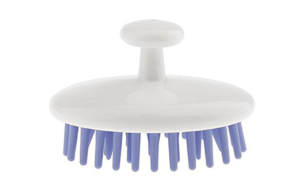
Massaging the scalp can help to restore hair growth and can be used in conjunction with hair oils and masks. This stimulates the scalp and can improve hair thickness. Taking the time to massage your scalp each day can also help you relieve stress and tension. It’s thought that stretching forces during the massage encourage hair growth and thickness in the dermal papilla cells.
- Aloe Vera

Aloe Vera has long been used for treating hair loss. It also soothes the scalp and conditions hair. It can reduce dandruff and unblock hair follicles that may be blocked by excess oil. You can apply pure aloe vera gel to your scalp and hair a few times per week. You can also use shampoo and conditioner that contain aloe vera.
- Coconut oil
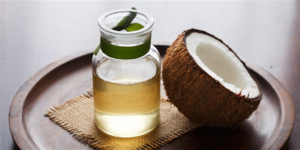
Coconut oil contains fatty acids that penetrate inside the hair shaft and reduce protein loss from hair. Coconut oil can be used either before or after you wash your hair depending on your hair type. If your hair tends to be oily, you can do a leave-in treatment overnight or for a few hours before you wash it. Massage coconut oil into your scalp and all of your hair. If your hair is dry, you can also use it as a leave-in treatment. There needs to be more research on coconut oil as a promoter of hair growth, but it’s been shown to improve the health and luster of hair and has been used for centuries.
4. Fish oil

Consuming omega fatty acids can help to improve your hair from the inside, since they are filled with nutrients and proteins. Taking an omega supplement along with antioxidants helps to improve hair density and diameter. It also reduces hair loss. Omega fatty acids help your cells to work correctly and can boost immunity, leading to better overall health. Follow the manufacturer’s recommended dosage.
5. Ginseng

Taking ginseng supplements can promote hair growth by stimulating hair follicles. Ginsenosides are the active components of ginseng and are thought to be responsible for its positive effect on hair. Always take as directed and be sure to check for any possible side effects.
6. Onion juice
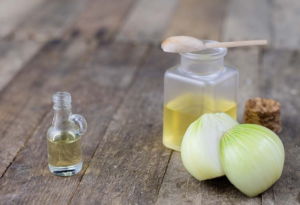
If you can handle the smell of onion juice, you may find that the benefits are worth it. Onion juice has been shown to successfully treat patchy alopecia areata by promoting hair growth. Onion juice is also thought to improve circulation. Animal studies show improved keratin growth factor and blood flow to the cuticles. You can blend a few onions and squeeze out the juice. Apply the juice to your scalp and hair and leave in for at least 15 minutes. Then shampoo normally.
7. Geranium oil
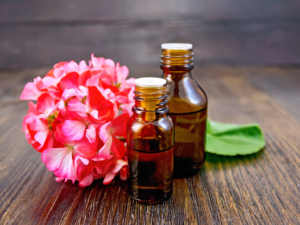
You can use geranium oil to promote hair growth and boost circulation. Mix a few drops into a carrier oil and use it to make a hair mask. You can also add a few drops to your shampoo and conditioner. Geranium oil can help to strengthen, hydrate, and restore your hair.
8. Lemon

You can use fresh lemon juice or lemon oil since they are said to enhance hair quality and growth. Lemon oil can help you to maintain a healthy scalp and encourage hair growth. Apply fresh lemon juice to your scalp and hair 15 minutes before you shampoo. You can use lemon essential oil diluted in a carrier oil as a hair mask.
The bottom line
If you want to improve your hair, come up with a plan and stay consistent. Remember that the treatments may take a few months to yield noticeable results. Be creative with the remedies and mix them up as much as you like. It’s important that you take time each day to focus on nourishing your hair to get the luscious locks you want. Taking this step and practicing self-care will be extra beneficial if your hair loss is related to any emotional or stress related issue. Stay positive and do your best to maintain a healthy lifestyle that will complement your hair treatment plan. Talk to your doctor about medications or procedures if these natural methods don’t work for you.
Written by:
Recaida Amponsah Forson
University of Ghana
Sociology and linguistics









